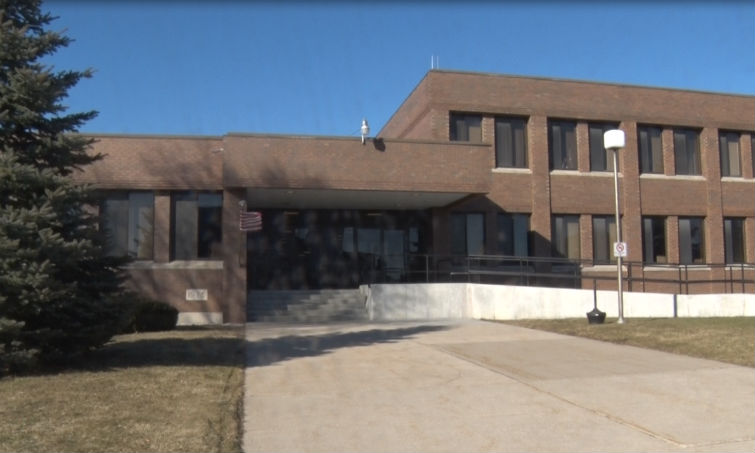Second regional mental health court comes to U.P.

MANISTIQUE — The staff at the 93rd District Court in Manistique have spent the last 18 months planning the implementation of the Eastern Upper Peninsula Regional Mental Health Court.
By partnering up with local community mental health agencies, like Hiawatha Behavioral Health and Pathways Community Mental Health, defendants suffering from a pre-diagnosed mental illness or show signs of having an undiagnosed disorder will be routed into the mental health court. Defendants will then be assessed by the CMH’s to see if they qualify for the court under their predetermined guidelines. If qualified, he/she will undergo an intensive probation program monitored by the court to ensure they follow the recommendations from the CMH’s in regards to appointments and medication and will be subject to regular check-ups.
“So as we know, somebody with a mental illness, their ideal location wouldn’t be in jail so they may be committing criminal offenses, but penalizing them by having them sit in a jail cell and going without the proper treatment isn’t the best route,” said Karen McDougle, the Regional Mental Health Coordinator.
Greg Schultz, a probation officer for the court, said more often than not, offenders enter into a life of crime due to irregular medicinal intake as well as external forces, such as lack of appropriate housing, minimal education opportunities and inability to find a job. One of McDougle’s jobs will be to help alleviate those extra pains and help the defendant find those opportunities, if applicable.
“We can’t fix all of their problems for them, but if we can set them up with the proper mental health services, and we can monitor how they’re doing on the program, help them obtain all the services that they need by working with what is available in each community throughout the Eastern Upper Peninsula, we are giving them the stepping stones they need to have a more successful future,” said McDougle.
“When we set the one guy that we’re thinking of in jail, that didn’t help him. We got him out, started getting him in contact with some people for housing, medication and that helped him,” said Schultz. “He has a responsibility to follow through with everything. There’s a lot put on the person, but we’re on him. We’re talking to him on a regular basis, we’re checking on him on a regular basis, and that will hopefully keep them where they need to be.”
Mental Health Court is a specialty court inside the system, much like Sobriety Court, but they differ significantly in that Mental Health Court’s concern is treating those with a primary mental health issue, though they can be cross-treated if a substance abuse problem also presents itself. If defendants commit certain high felony crimes, like murder or other excessively violent crimes, they will not be considered.
The court will run at a district and circuit court level and is aimed at misdemeanors, but each defendant will be assessed on a case-by-case basis.Coordinators say they intend for the program to reduce the likelihood of repeat offenders as well as decrease the amounts of arrests of the mentally ill and ease jail overcrowding issues. McDougle added that it has already opened up conversation about mental illness between providers and law enforcement.
“We’re going to be the middle man to say we think that this person needs mental health,” McDougle said. “We may have law enforcement not understanding why CMH may not think this person qualifies, but we’ll be the stepping stone to try and close that bridge in between the misunderstanding of who qualifies for mental health services and when community mental health can offer those services.”
The other counties benefiting from the court are Alger, Chippewa, Luce and Mackinac counties. The goal is to have the program up and running by October first.
